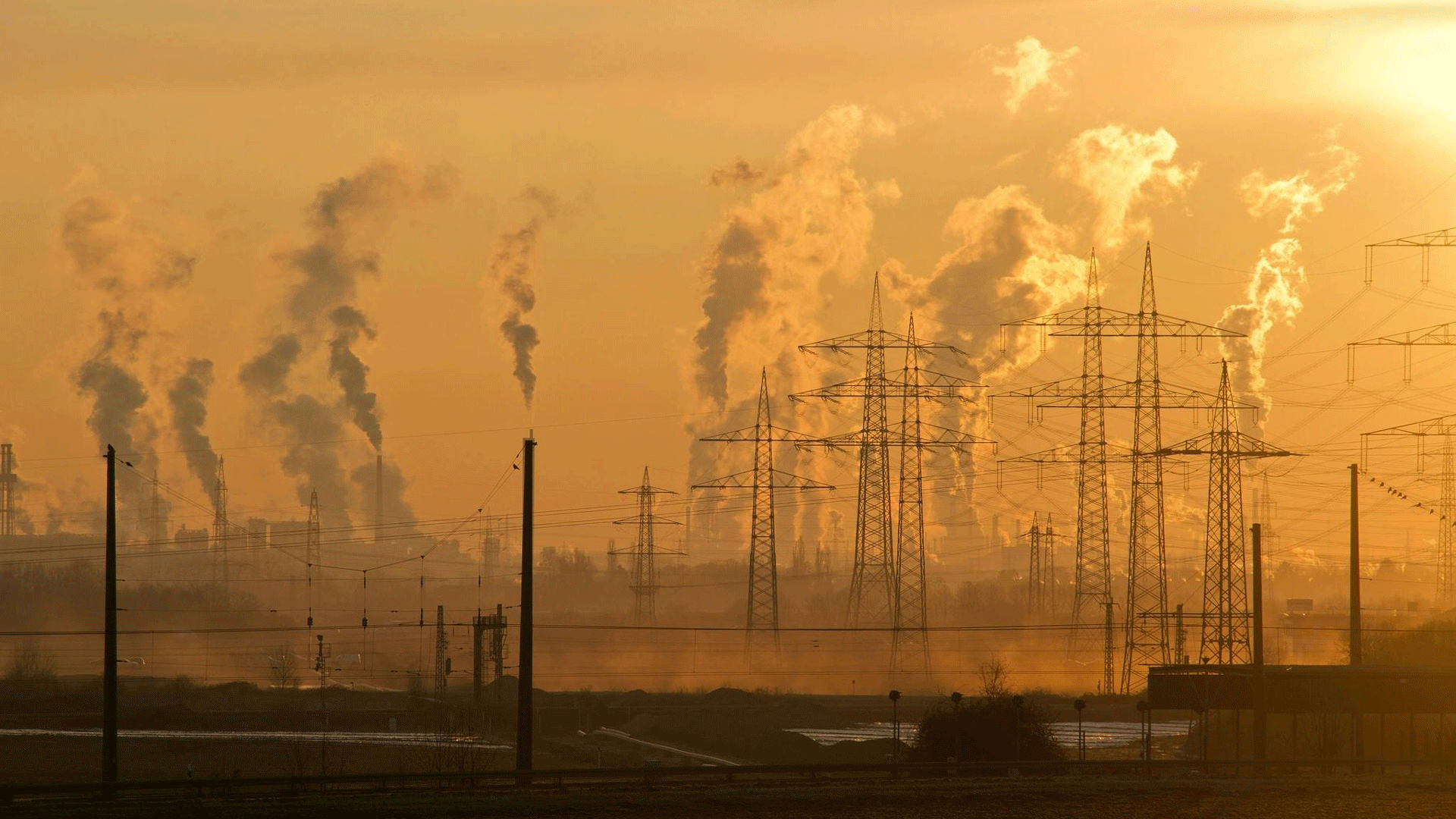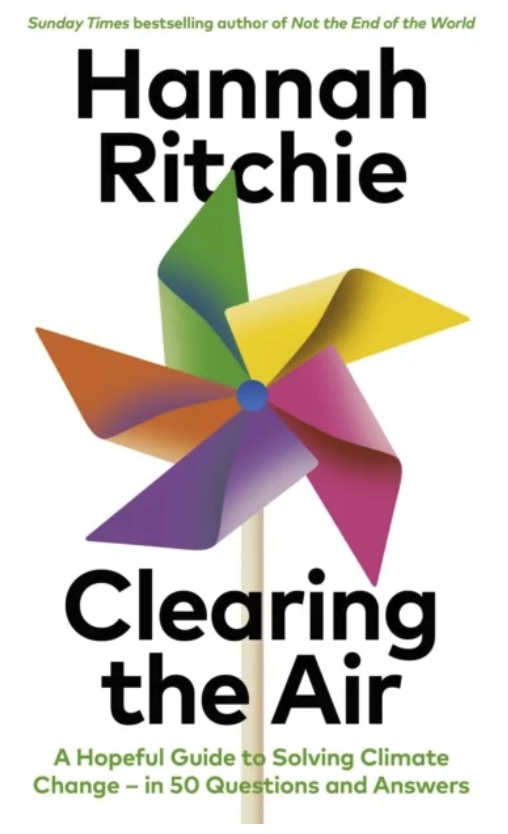Read more:
Media outlets are often guilty of leaning into conspiracy theories to generate clicks and sales from people keen to dismiss crises and divest themselves of responsibility.
“The headlines I see around renewable energy, for example, often gives this kind of conspiratorial lens – ‘Clean energy’s dirty secret!’ Ritchie says. “People read it and they feel like they’ve been lied to about clean energy’s benefits, but if you speak to experts, they tell you, ‘Yes, we don’t know what to do with wind turbine blades at the moment.’ They’re not pretending that these are perfect solutions with no downside.”
Ritchie also emphasises the role of language in creating myths. She points to buzzwords like “ultra-processed”, used to dismiss significantly more environmentally friendly meat substitutes as unhealthy by people who “don’t understand that many meat products are also ultra processed! And to equivalise a can of cola with a doughnut, with a loaf of bread, with a meat substitute burger just makes no sense. From a health perspective, they just are not comparable.”
Such false equivalencies derive from all-or-nothing thinking. “There is an obsession with perfectionism in the sense that we should only go for a solution if it’s completely perfect, and by completely perfect, I mean it generates zero waste, uses no land, requires no mining, no impacts whatsoever. The reality is that these solutions don’t exist. So if that’s what we’re searching for, we’ll be waiting forever and we’ll just stick with the current system.”
Ritchie says there are two distinct camps when it comes to finding solutions to the climate crisis. One focuses on the impact of the individual, the other places the blame squarely at the feet of the biggest emitters, like Amazon, Google and artificial intelligence companies, suggesting that our individual actions simply do not matter in comparison. But that way danger lies, Ritchie warns – for the planet and our psychological wellbeing.
Advertising helps fund Big Issue’s mission to end poverty
“Individuals on their own cannot solve this. But the other extreme of, ‘This is purely a systemic problem, and it’s on businesses or governments to solve this, and individuals, what you do doesn’t matter; it’s all on them to fix it,’ is very disempowering for people,” she says.
“It’s a false dichotomy. Often, governments and businesses respond to public demand. So, let’s say we’re thinking about transitioning from petrol cars to electric cars, or public transport or walking or cycling. You can say that it’s the government’s responsibility to make sure there’s charging points everywhere, and it’s on companies to make sure that the alternatives are affordable.
“But they’re only going to do that if, as individuals, we’re willing to make that switch. If we all say, ‘No, we really like our petrol cars and there’s no way we’re switching,’ there’s obviously no systemic incentive for governments or companies to make that choice.”
Clearing the Air: A Hopeful Guide to Solving Climate Change – in 50 Questions and Answers by Hannah Ritchie is out now (Chatto & Windus, £20).
You can buy it from the Big Issue shop on bookshop.org, which helps to support Big Issue and independent bookshops.
Do you have a story to tell or opinions to share about this? Get in touch and tell us more.
Advertising helps fund Big Issue’s mission to end poverty
Reader-funded since 1991 – Big Issue brings you trustworthy journalism that drives real change.
Every day, our journalists dig deeper, speaking up for those society overlooks.
Could you help us keep doing this vital work? Support our journalism from £5 a month.










